Plan for potential problems in changing your behaviour
Planning how to respond to challenges means you're ready for anything that might stop you from making positive changes to your behaviour.
Perhaps you've tried to make changes in the past and were not as successful as you would have liked to be.
It's normal to experience setbacks we didn't plan for or expect. Things such as illness, stress, a change in your routine or other life events can make it challenging.
If this was the case, try to think of setbacks as opportunities to learn. If you can learn from your experiences you'll be even more likely to make the changes you want.
One type of plan that can help you stay on track when challenges and set backs come up, is an 'If-then' plan.
These are plans of action you've prepared that you take when specific challenge arises. If-then plans are a good way of making new habits stick.
What is an If-then plan?
If-then rules remind you about what you can do when faced with a difficult situation:
If situation 'X' arises then I will do 'Y'
If-then examples
Below are a few examples of how If-then plans may help you.
We've noted one solution (If) for each challenge (Then). But sometimes it may be helpful to have more than one solution to a challenge.
If my usual aerobics class is cancelled
Then I'll book onto a different one at the same venue that week
If I tend to online gamble when I'm bored
Then I'll try to make sure I've got some strategies to manage my boredom and urges to gamble at those times
If I struggle to find all the kids' things for school in the morning
Then I'll pack their bags and make their lunches the night before
If I don't want to take my medication because I worry it's bad for me
Then I'll make an appointment with my doctor to talk to them about it
How to start making your own If-then plan
Start by thinking about potential barriers to changing your behaviour. Barriers could be places, situations, other people, thoughts or feelings.
Try asking yourself the following questions:
- What situation, place, thought or feeling may be a barrier to me? How will I overcome this?
- How will I prepare myself for potential challenges?
- What solutions will help me tackle any potential challenges?
- Is there anyone who can help me with this?
- Is there more than one way I can overcome a potential barrier?
My own If-then plan
To start making your own If-then plan, think about:
- What makes it difficult (barriers or obstacles)
- What will make it easier (solutions) for you.
Start by setting yourself some If-then plans for this coming week. Write as many as you feel may be helpful.
You can write them out as "If... Then I will..."
We've provided a PDF version (PDF, 105 KB) of this page that you can download, print out and fill in.





